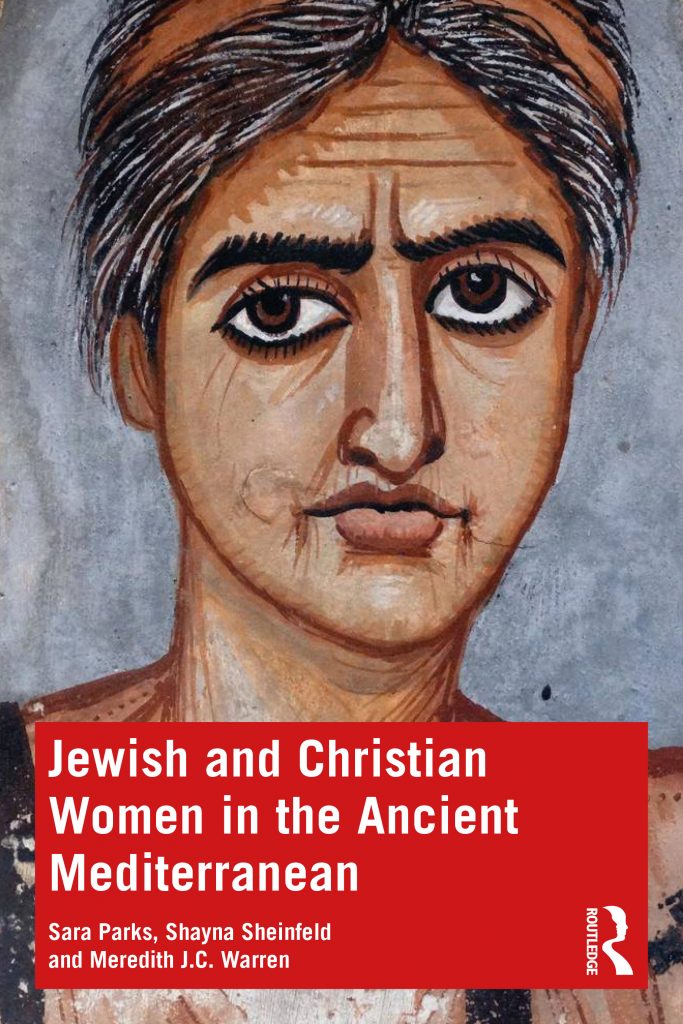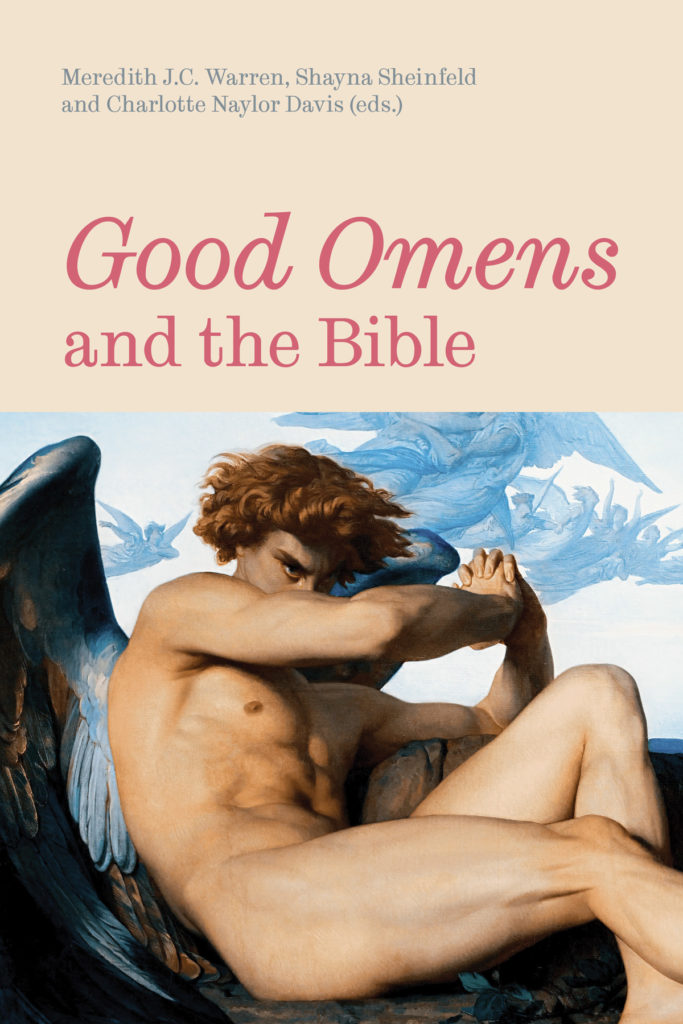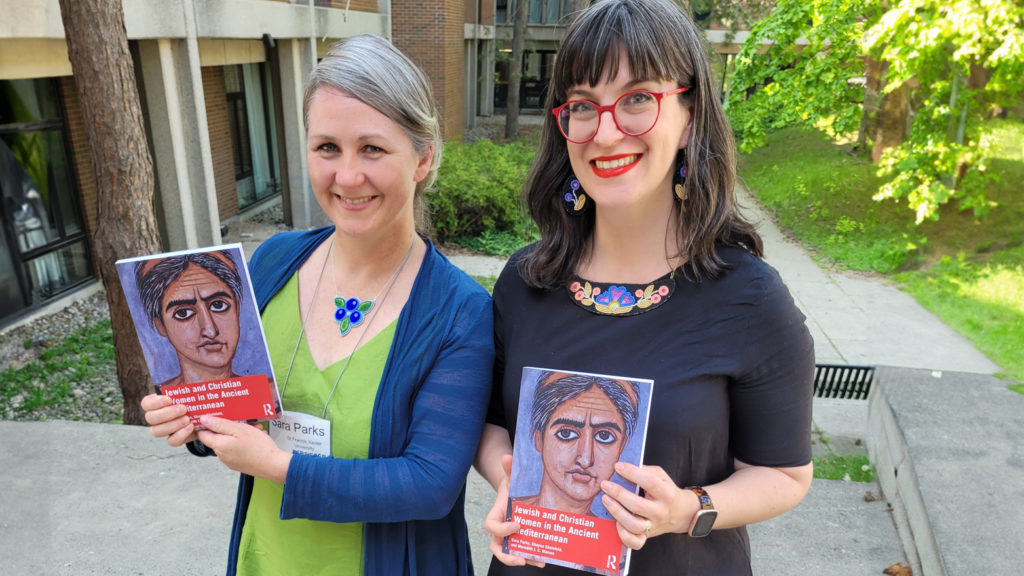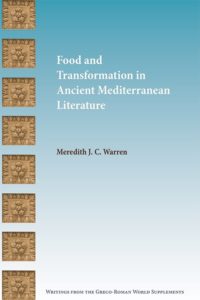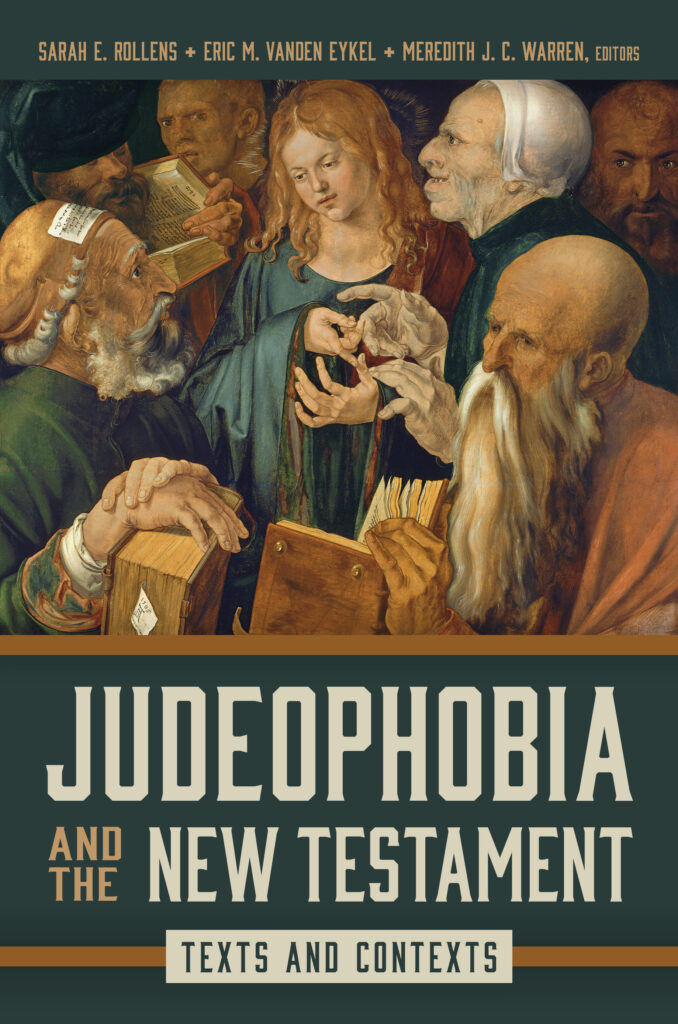
Judeophobia and the New Testament: Texts and Contexts, is now available for pre-order in advance of its April 2025 publication date. Co-edited by Meredith Warren, Eric Vanden Eykel, and Sarah Rollens, this eye-opening collection of essays is essential reading for anyone concerned about the ways that Christian scripture has been used—both in the past and the present—in service of anti-Semitism. The authors seek to identify, contextualize, and problematize New Testament “Judeophobia,” a broad heading that encompasses anti-Semitism, supersessionism, and various discriminatory practices against Jews at different points in history.
In the first half of Judeophobia and the New Testament: Texts and Contexts, readers engage with the subject matter through thematic essays. In the second half, readers engage with text-based essays that focus on individual books of the New Testament as well as relevant non-canonical literature. Throughout, the book’s goal is to educate readers about the ways that New Testament texts have been used to engender Judeophobia from the early church to today. While the book is designed primarily as a resource for teachers and students, it also aims to help New Testament scholars account for Judeophobic interpretations, take responsibility for them, and encourage the discipline to work against its own role in rising anti-Jewish rhetoric and violence.
Table of Contents:
- Introduction, Sarah E. Rollens, Eric Vanden Eykel, and Meredith J. C. Warren
- Judeophobia in the Undergraduate Classroom, Christy Cobb
- Judeophobia in the Seminary, Tom de Bruin
- Judeophobia and the Pharisees, Meredith J. C. Warren, Shayna Sheinfeld, and Sara Parks
- Historical Jesus Research and Judeophobia, Sarah E. Rollens
- Pauline Scholarship and Judeophobia, Matthew R. Anderson
- Feminist New Testament Scholarship and Judeophobia, Sara Parks
- Torah, the Law, and Judeophobia, Shayna Sheinfeld
- Judeophobia in Contemporary Culture ,James F. McGrath
- Interreligious Dialogue and Judeophobia, Alana M. Vincent
- Gospel of Matthew, Nathan L. Shedd
- Gospel of Mark, Sarah Emanuel
- Gospel of Luke, Meira Z. Kensky
- Gospel of John, Adele Reinhartz
- Acts of the Apostles, Shelly Matthews
- Romans, Brian Yong Lee
- Corinthians, Ekaputra Tupamahu
- 2 Corinthians, Taylor M. Weaver
- Galatians, Alana M. Vincent and Mark A. Godin
- Ephesians, Emily J. Gathergood
- Philippians, Mark D. Nanos
- Colossians, Harry O. Maier
- 1 Thessalonians, Jill Hicks-Keeton
- 2 Thessalonians, Cavan Concannon
- 1, 2 Timothy and Titus, Michael Scott Robertson
- Philemon, Mary Ann Beavis
- Hebrews, Kyu Seop Kim
- James, Chance E. Bonar
- 1 and 2 Peter, Scott S. Elliott
- 1, 2, and 3 John, Hugo Méndez
- Jude, Scott S. Elliott
- Revelation, Justin P. Jeffcoat Schedtler
- Epistle of Barnabas, Jeremiah N. Bailey
- Martyrdom of Polycarp, David L. Eastman
- Gospel of Peter, Shaily Shashikant Patel
- Protevangelium of James, Eric Vanden Eykel

